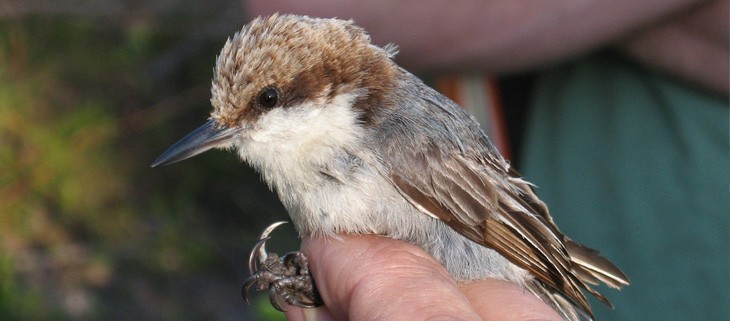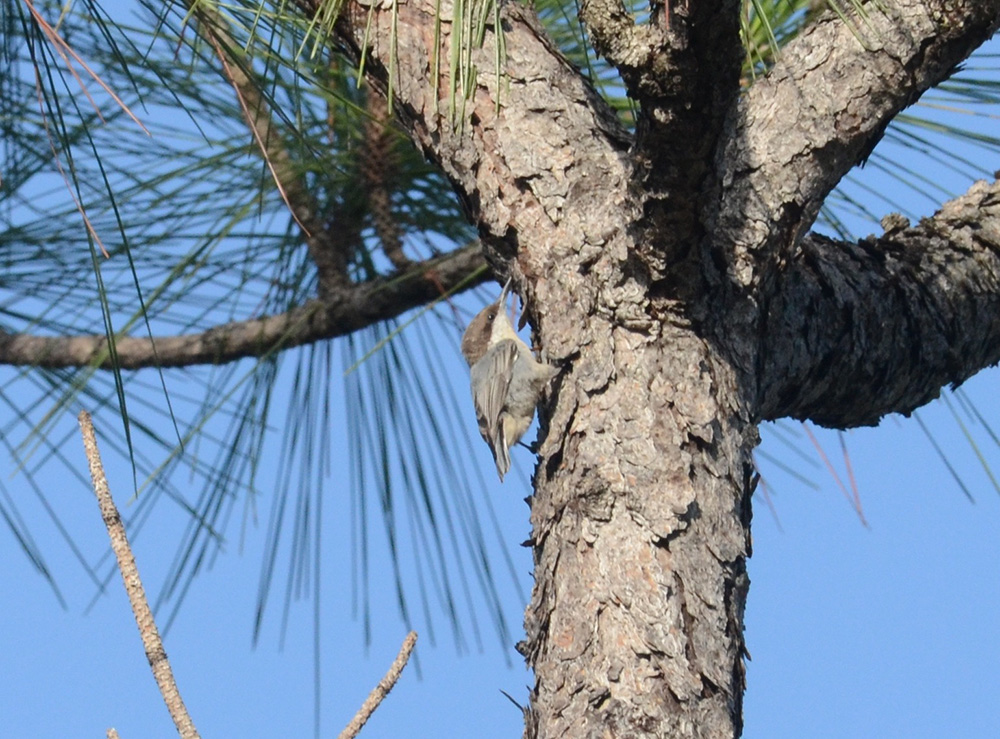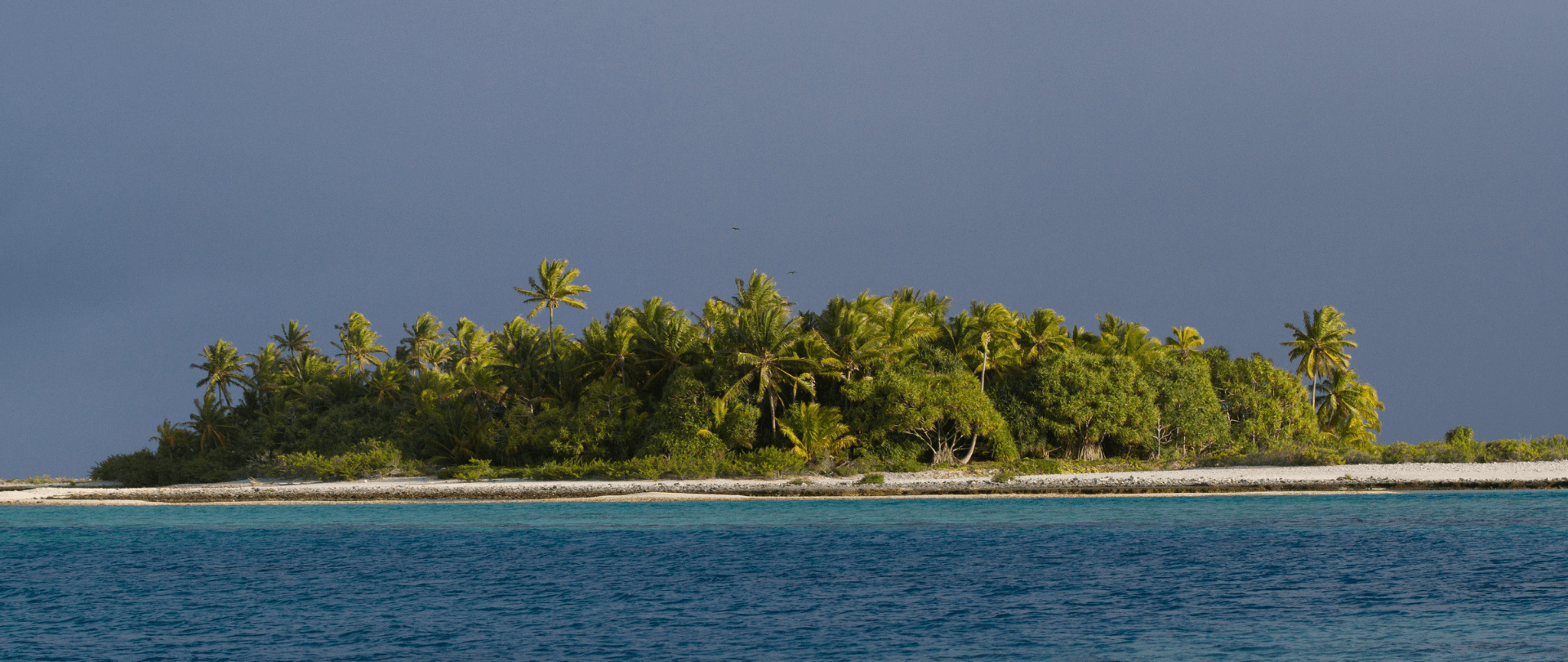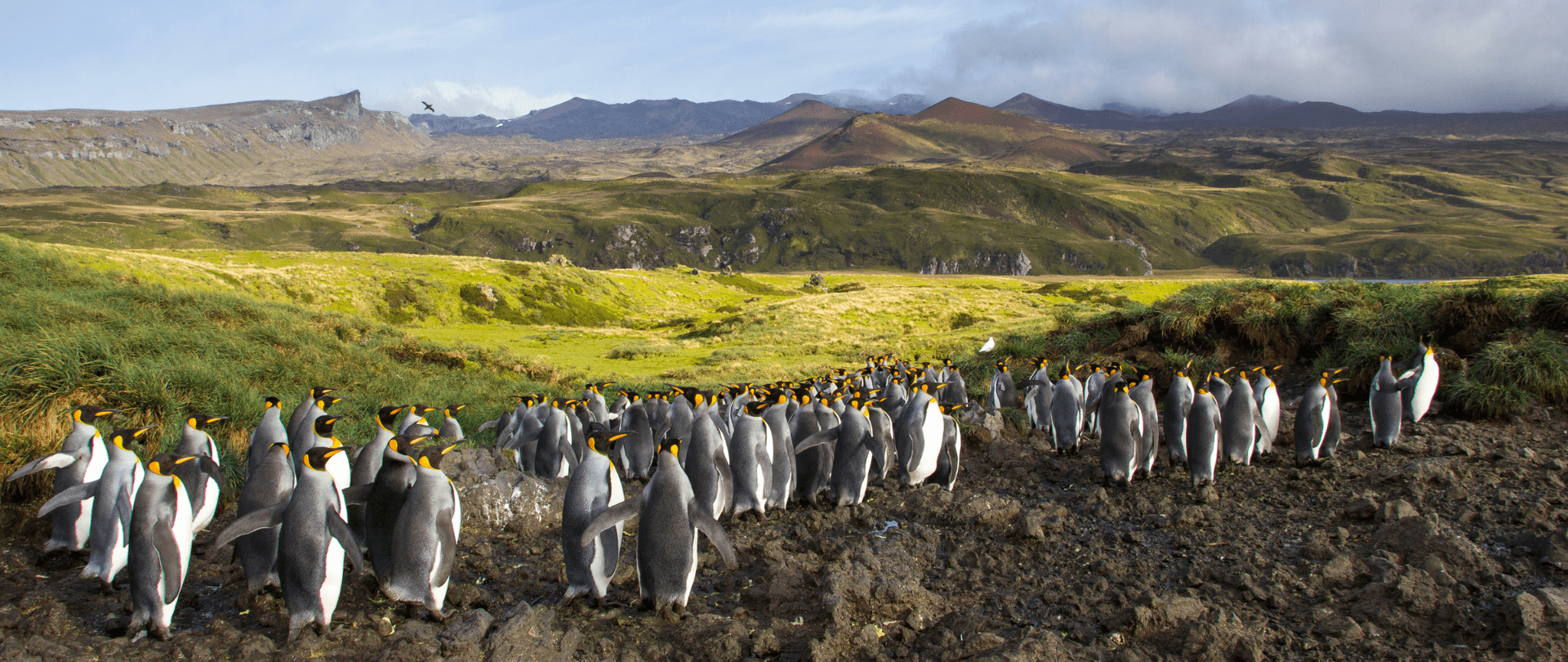The Ebiil Society: Champions of Palau
Ann Singeo, founder of our partner organization the Ebiil Society, shares her vision for a thriving Palau and a flourishing world of indigenous science!
Our new online shop is live!
Published on
August 25, 2018
Written by
Emily Heber
Photo credit
Emily Heber

The island of Grand Bahama is home to a small, Endangered bird called the Bahama Nuthatch (Sitta insularis). The species once thrived on the island as recently as the 1960s but habitat loss, as well as competition and predation by invasive species, have drastically reduced the population. In the mid-2000s a population study estimated 1,000-2,000 individuals remained but in October of 2016 Hurricane Matthew hit Grand Bahama and conservationists feared the worst.

In spring 2018, two teams headed out in search of any remaining individuals and luckily within less than a month of their search each team observed their first Bahama Nuthatch. One team found five individuals in total including a juvenile and a pair spotted together. The rediscovery of the species has a lot of conservationists relieved and hopeful for the conservation measures they have ahead of them. Matthew Gardner, a masters student at the University of East Anglia and leader for one of the teams explained the exciting first sighting:
We had been scouring the forest for about six weeks, and had almost lost hope. At that point we’d walked about 400km (250 miles). Then, I suddenly heard its distinctive call and saw the unmistakable shape of a nuthatch descending towards me. I shouted with joy, I was ecstatic!”
Researchers are hopeful that all the excitement and attention surrounding their rediscovery can serve as the perfect catalyst for conservation action. Although their populations are small, this does not rule out effective conservation measures which could help prevent their extinction by addressing the key concerns of invasive species and habitat degradation.
Featured photo: A Bahama Nuthatch. Credit: Tom Benson
Source: Birds Carribean
Check out other journal entries we think you might be interested in.

Ann Singeo, founder of our partner organization the Ebiil Society, shares her vision for a thriving Palau and a flourishing world of indigenous science!

This historic agreement aims to protect the marine and coastal areas of the Southeast Pacific.

Our projects to restore key islets in Nukufetau Atoll forecast climate resilience and community benefits in Tuvalu!

Island Conservation and partners have published a new paper quantifying ecosystem resilience on restored islands!

Climate Week NYC: what is it and why is it important? Read on to find out why Island Conservation is attending this amazing event!

With sea levels on the rise, how are the coastlines of islands transforming? Read on to find out how dynamic islands really are!

Join us in celebrating the most amazing sights from around the world by checking out these fantastic conservation photos!

Rare will support the effort to restore island-ocean ecosystems by engaging the Coastal 500 network of local leaders in safeguarding biodiversity (Arlington, VA, USA) Today, international conservation organization Rare announced it has joined the Island-Ocean Connection Challenge (IOCC), a global effort to…

Island Conservation accepts cryptocurrency donations. Make an impact using your digital wallet today!

For Immediate Release Conservation powerhouse BirdLife South Africa has joined the Island-Ocean Connection Challenge (IOCC) – a global initiative aiming to restore, rewild and protect islands, oceans and communities – to support its work to save internationally significant albatross populations…